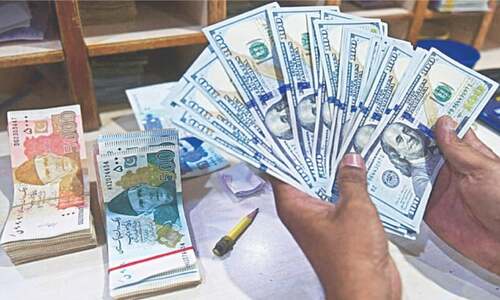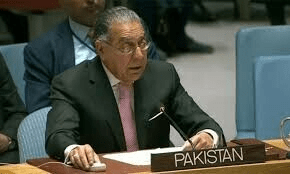BEIJING: China issued new, tougher guidelines for protection of patents, copyrights and other intellectual property in a move that may be timed to help along halting progress in trade talks with the United States.
The guidelines issued late Sunday by the State Council, or Cabinet, and by the powerful Central Committee of the ruling Communist Party order beefed up laws for protecting such intellectual property rights, increased compensation for infringements and stricter enforcement of existing laws. They also lower the threshold for criminal prosecution of intellectual property rights (IPR) offenses.
The new blueprint makes protection of intellectual property one of the criteria for evaluating local government officials performance, creating a greater incentive for compliance.
In past decades, officials were judged mainly by political loyalties and then by economic growth in their localities. More recently, China’s leaders added environmental protection to such evaluations.
Theft and forced transfers of technology and inadequate protection of copyrights, patents and trademarks are perennial complaints of foreign companies operating in China and are among the key issues in the latest flareup in trade tensions.
Despite much progress, China continues to be a haven for counterfeiting, digital piracy and IP theft, the US governments International Trade Administration said in a recent report.
It said piracy of US intellectual piracy by China costs American companies up to $600 billion a year.
Piracy is also a domestic concern. The government has long said that companies are less likely to innovate if they cannot profit off the results of their investments due to piracy of their products and technology.
The IPR guidelines issued by the official Xinhua News Agency did not refer specifically to the trade talks. Improving those protections is the driver of our country’s economic competitiveness, it said.
The new rules call for greatly increasing the maximum amount of compensation for damages linked to IPR infringements and include confiscation of illegal income, destruction of counterfeit goods.
The guidelines did not include specific penalties, which would come with later revisions of laws and regulations. They call for significantly improving the enforcement of IPR protections by 2022.
Published in Dawn, November 26th, 2019













































